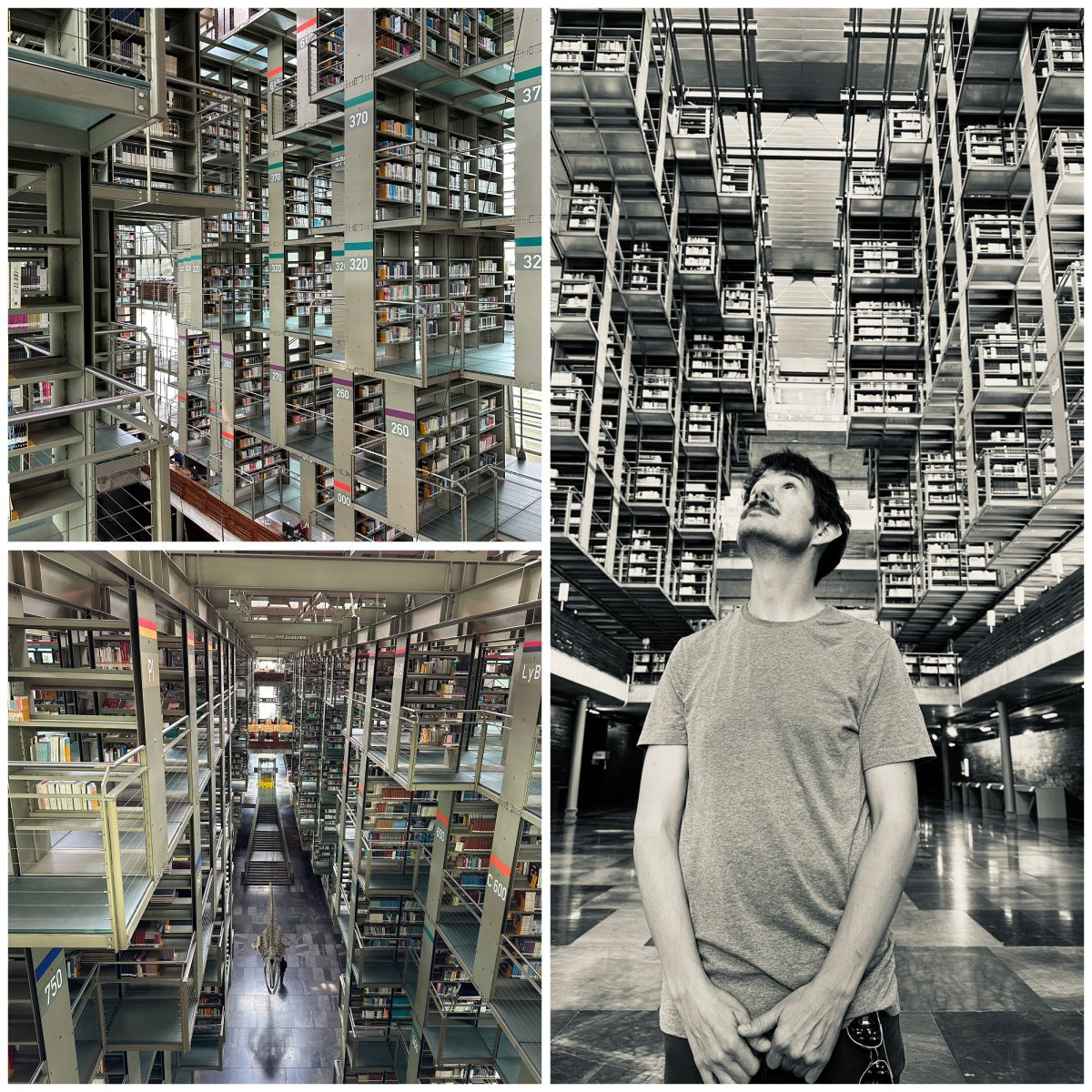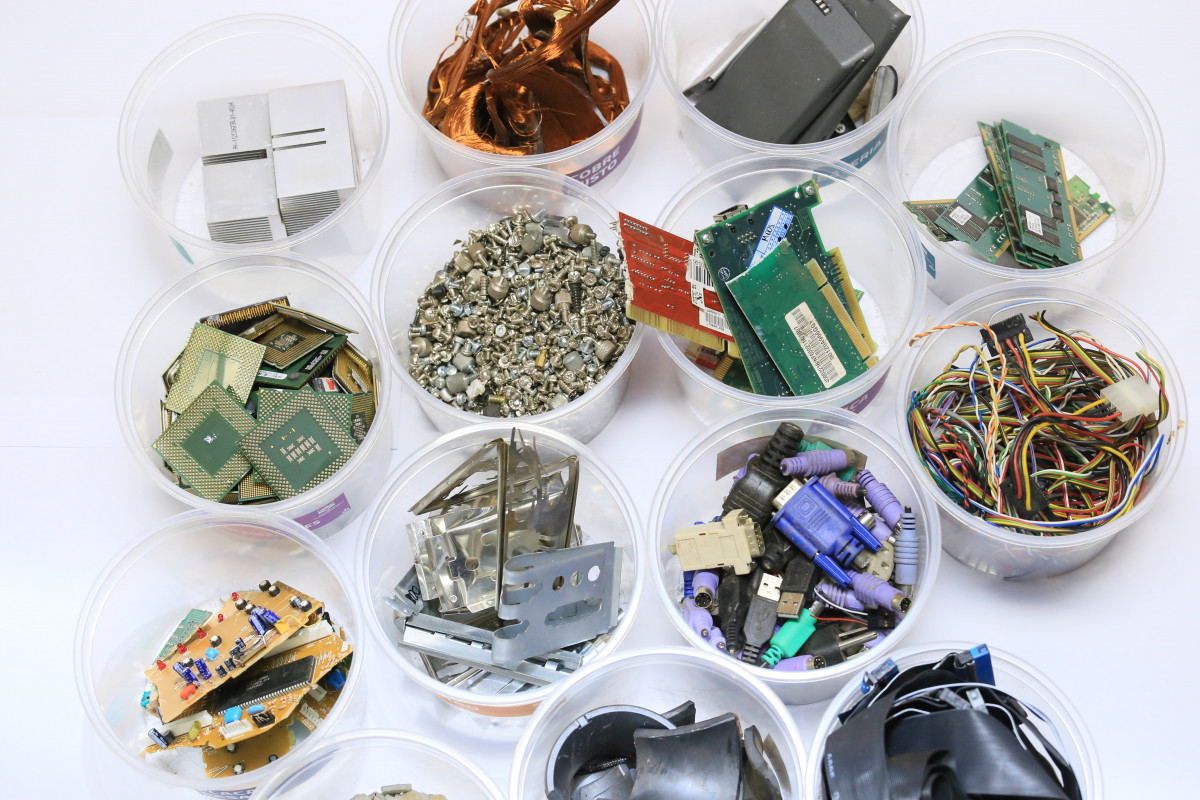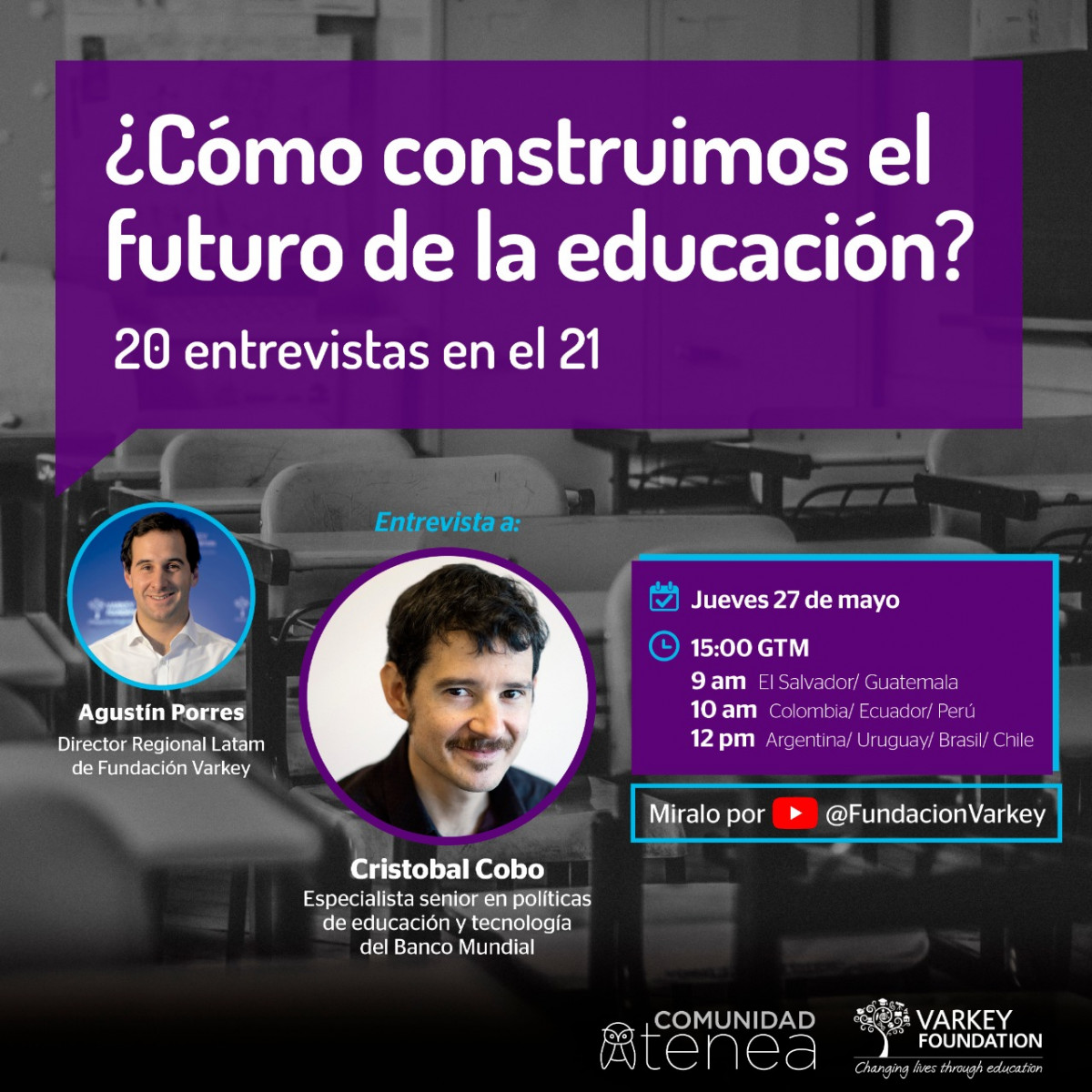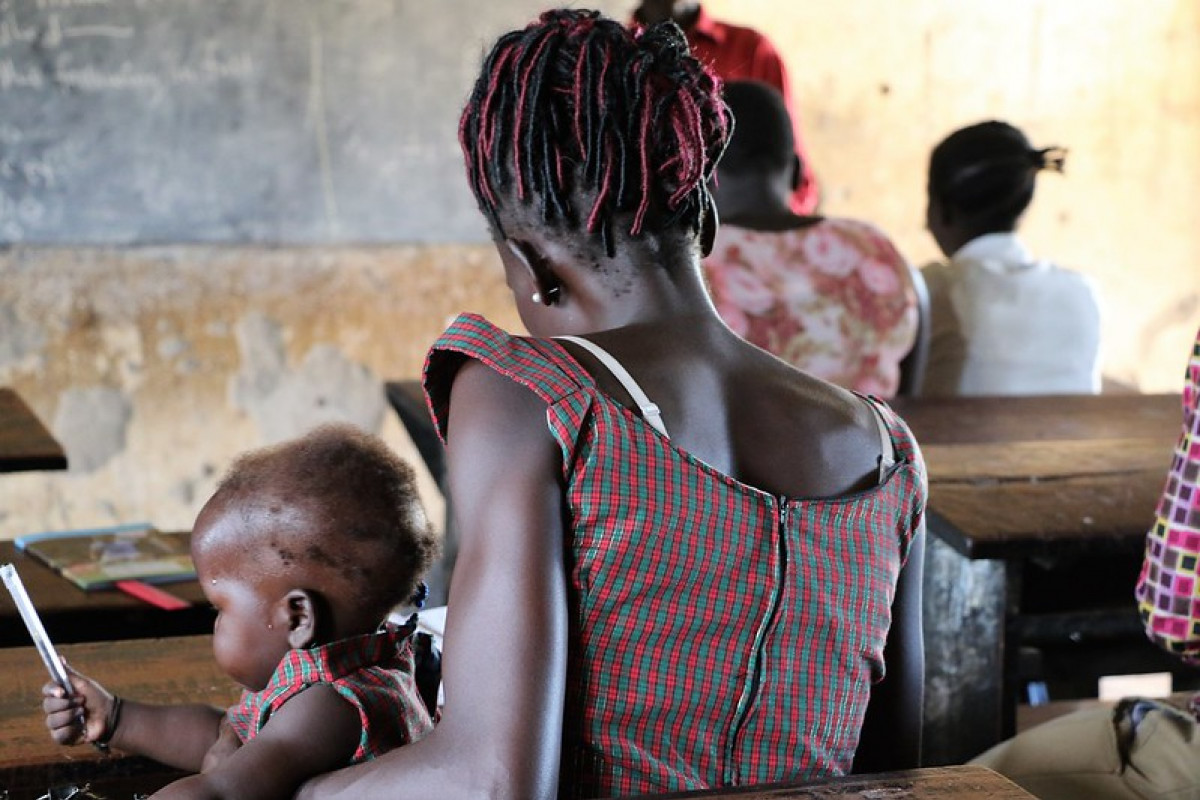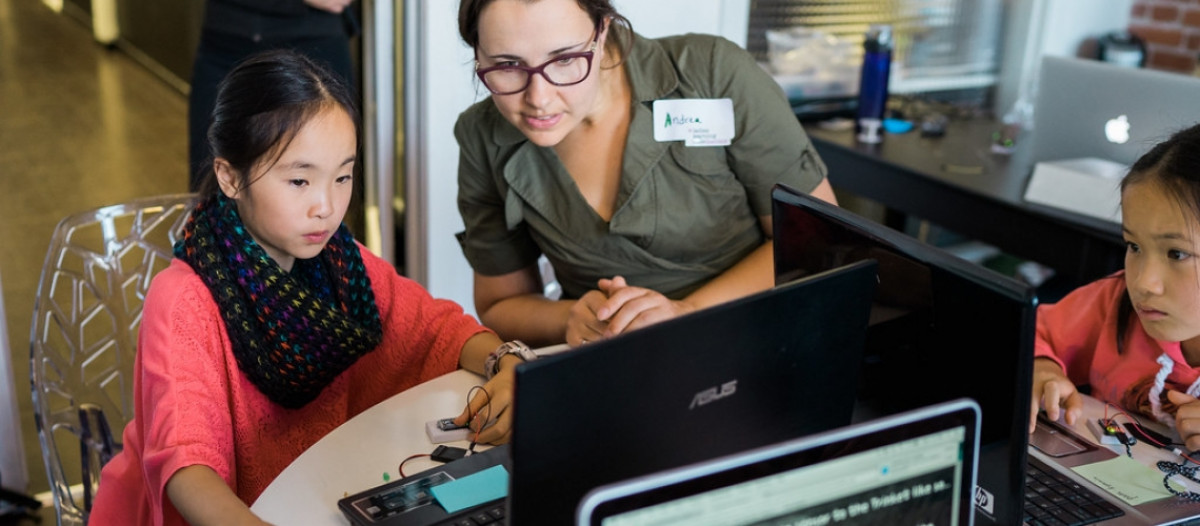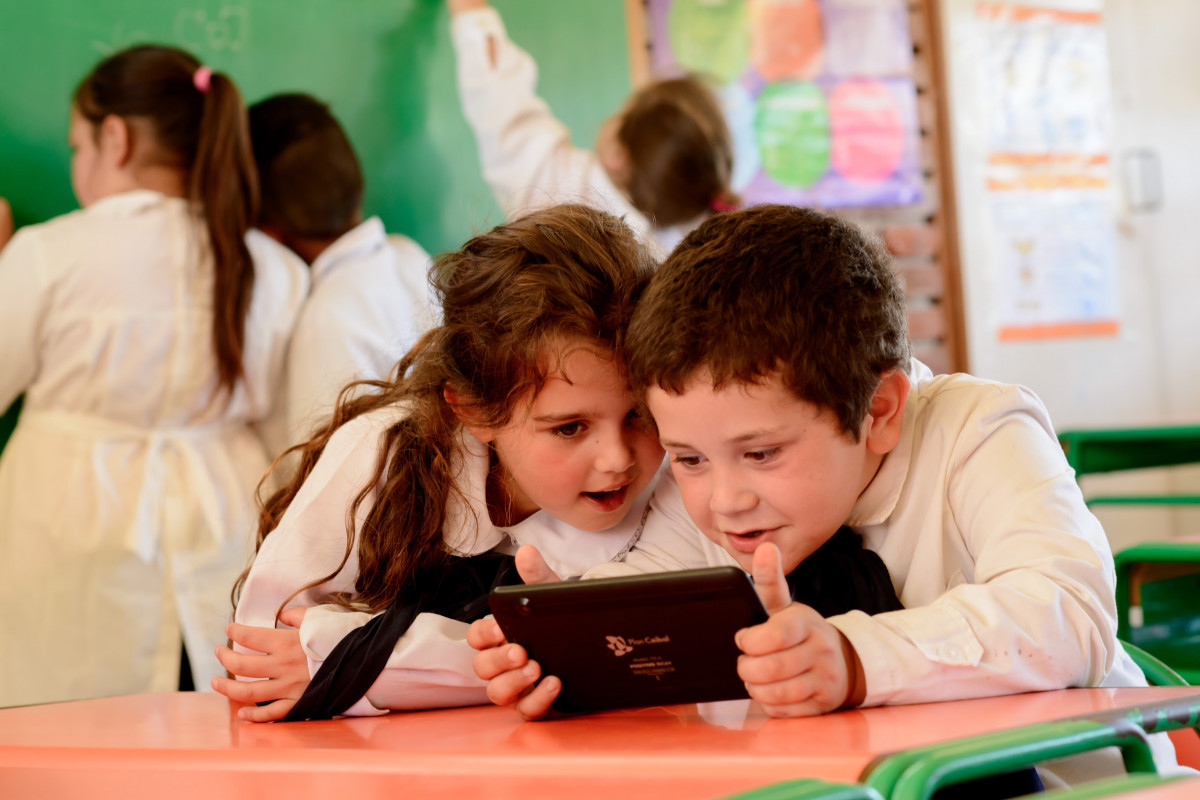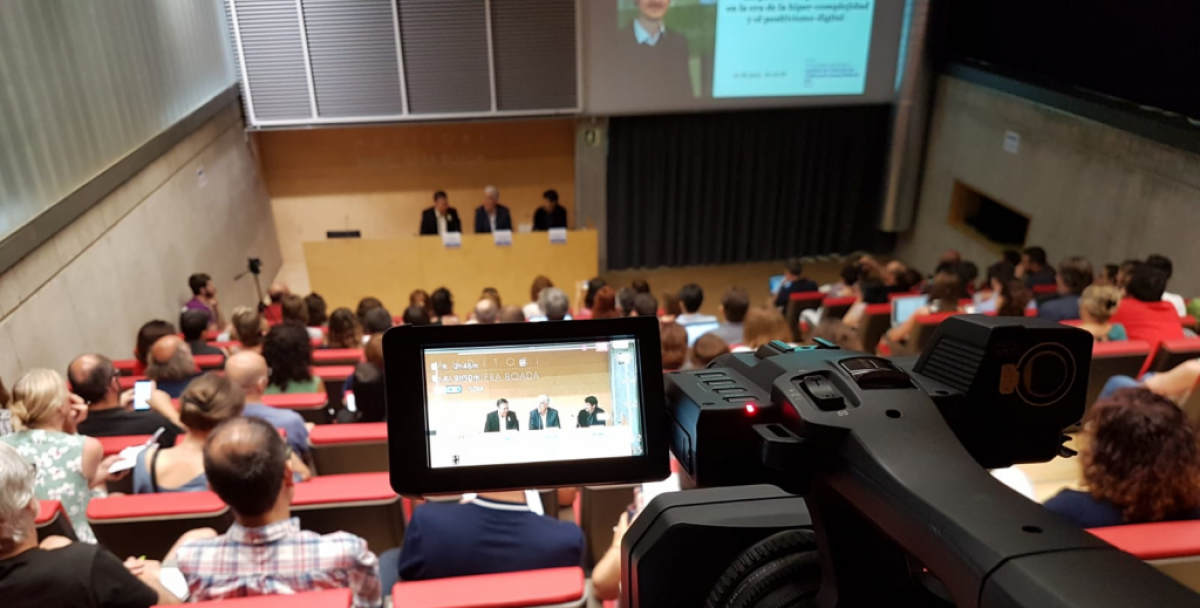A veces las invitaciones a una entrevista tienen destinos inesperados, esta es una de esas. La comparto aquí en caso que pueda ser de interés… "En términos concretos, en la educación quizá habríamos de pensar en planes curriculares que pongan no tanto énfasis en enfoques enciclopédicos centrados a “conocer” muchos temas, y más en “comprender” por qué ocurren las cosas y cuáles son sus implicancias a corto y largo plazo."
futuro
During the pandemic digital technologies allowed us to save endless hours of transportation, commuting, for work, shopping or leisure. This post explores whether digital technologies are carbon footprint neutral or not? What is the environmental impact of using phones, streaming or sending an email? What is important to know and what actions can be taken? It is important that individuals, societies, and governments are mindful of the existing digital footprint. Increasing awareness in this field can be a game-changer. Think about how you can help.
Comparto una conversación sobre educación sobre educación y futuro que tuve con el Director Regional de la Fundación Varkey, Agustín Porres @agustinporres. En estos intercambios, recogeremos miradas disruptivas y originales sobre la educación que se viene y los diferentes caminos para acercarnos a ella. Agustín plantea una avalancha de preguntas y juntos exploramos futuros posibles caminos con una vista en lo que viene sin olvidarnos de los retos pendientes.
(Blog disponible en castellano) As education systems emerge from this COVID crisis, it is clear that a new chapter is waiting to be written on teacher training (e.g., increasing investments in remote learning, adopting blended models when schools partially reopen, or creating remedial e-courses), which can help educational systems build back stronger and become more equitable. It is critical to develop teachers’ digital pedagogical skills. These are the skills needed to critically assess and decide when and how to incorporate digital tools, and realistically define their impact to support or enhance learning. This is now more crucial than ever, as teachers who cannot effectively use technology may in the future be replaced (or displaced) by those who can. This post includes +15 country experiences. Better strategies are needed for teacher capacity-building, innovating teacher training methods (virtual coaching) and regular follow-up plans to support the skills developed, using remote tutors & peers.
There is a growing body of research focused on the importance of artificial intelligence, computer networking, game development, mobile application development, cybersecurity, today are expected to represent a larger portion of the labor market in the coming decade. All these capacities require not only being able to read and write code (like programming, which can be done by machines), but also and even more important perhaps is the capacity to unpack the software or the tech systems we use (decoding). This idea of "deconstruction", borrowed from the philosophy, is critical to understand how algorithms are built, identify bugs in the system, recognize bias, and problems with functionality but also how they can affect people or affect different groups of users.
The more social the experience of using technologies becomes, the closer the connection between digital skills and the so-called social-emotional skills. As important as learning to code might be, it also will be important to learn how to decode. Identifying new problems can lead us to change the way we see today’s skills. What are the most relevant skills for tomorrow? ☞From digital skills to multiliteracies ☞From using to understanding tech ☞From coding to decoding tech ☞From replacing people to increasing human thinking ☞From digital natives to critical skeptics
Five years ago Uruguay decided to create a research center focused on producing expert knowledge in the field of digital education. After an international call I was humbled to be chosen as director of this novel but ambitious initiative. Being a small country all I knew was the huge opportunity behind connecting and supporting national and international networks of experts in the field of EdTech.
Este nuevo libro busca escapar de los reduccionismos. Según el tipo de trayectoria que se siga con la lectura puede transitarse desde el optimismo (utopía) a la tragedia (distopía) o simplemente desde el diagnóstico a la reacción (posible). La lectura es a medida y a gusto del lector. No hay recetas ni doctrinas que puedan instalarse de manera tan sencilla como una actualización en su sistema operativo. El objetivo último es reflexionar desde una perspectiva crítica y abierta sobre las consecuencias de la masificación de las tecnologías y su impacto en las nuevas formas de poder y control de la sociedad actual.
Plan Ceibal is a multi-stakeholder public policy programme in education and innovation with an emphasis on the integration of pedagogy and technology in Uruguay. The following outline provides an overview of some of the most critical dimensions as well as methodological approaches pursued by Plan Ceibal, which are implemented in close collaboration with the whole education sector in the country. Some of these initiatives are not only implemented at a national level, but also in collaboration with a network of schools or education-oriented institutions throughout several countries (e.g. New Pedagogies for Deep Learning, Code.org, Design for Change).
[Texto en catalán] Aquest és el segon ICEberg Day organitzat per l’ICE Josep Pallach. Es va realitzar al Parc Científic i Tecnològic de la Universitat de Girona i va aplegar docents universitaris i també professorat d’educació secundària. La intervenció de Cristóbal Cobo es va centrar en com repensar l’aprenentatge en la societat actual on la incertesa, la complexitat i la sobreexposició a la tecnologia en són elements claus.
